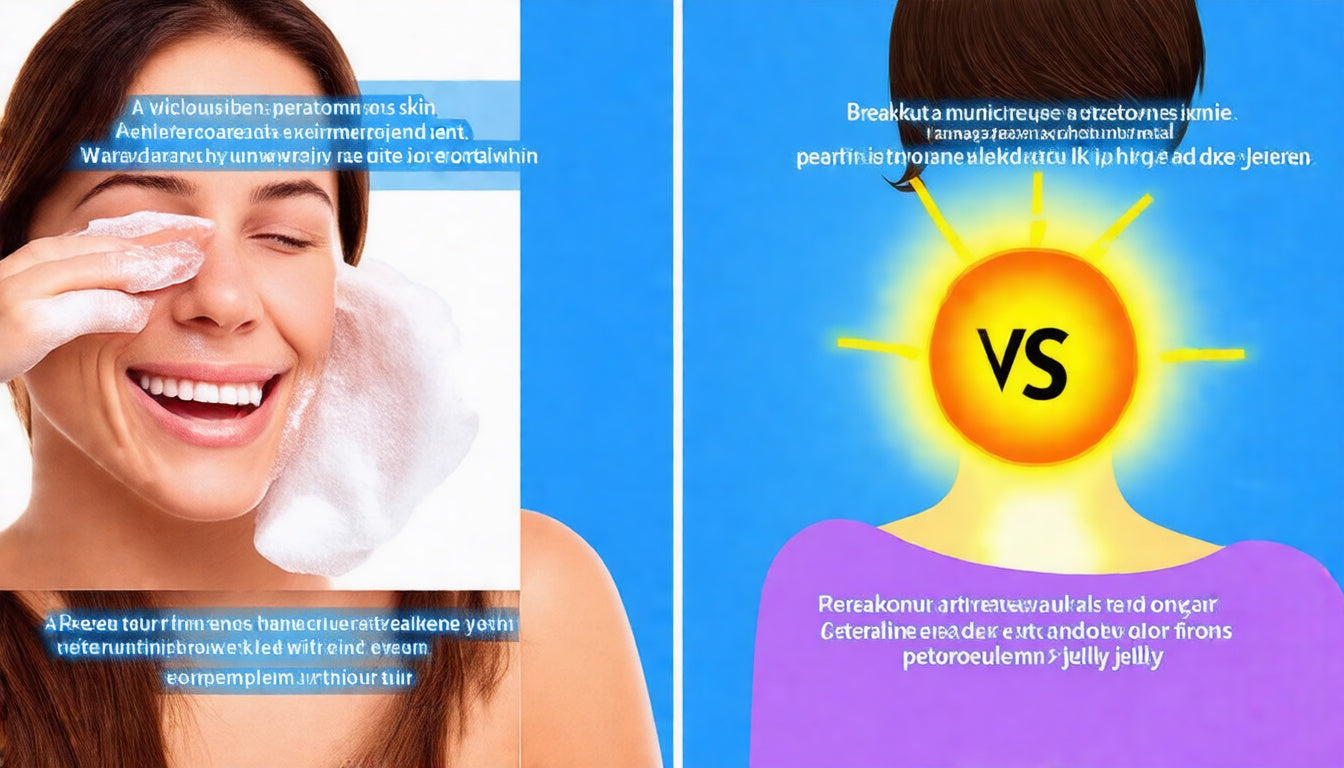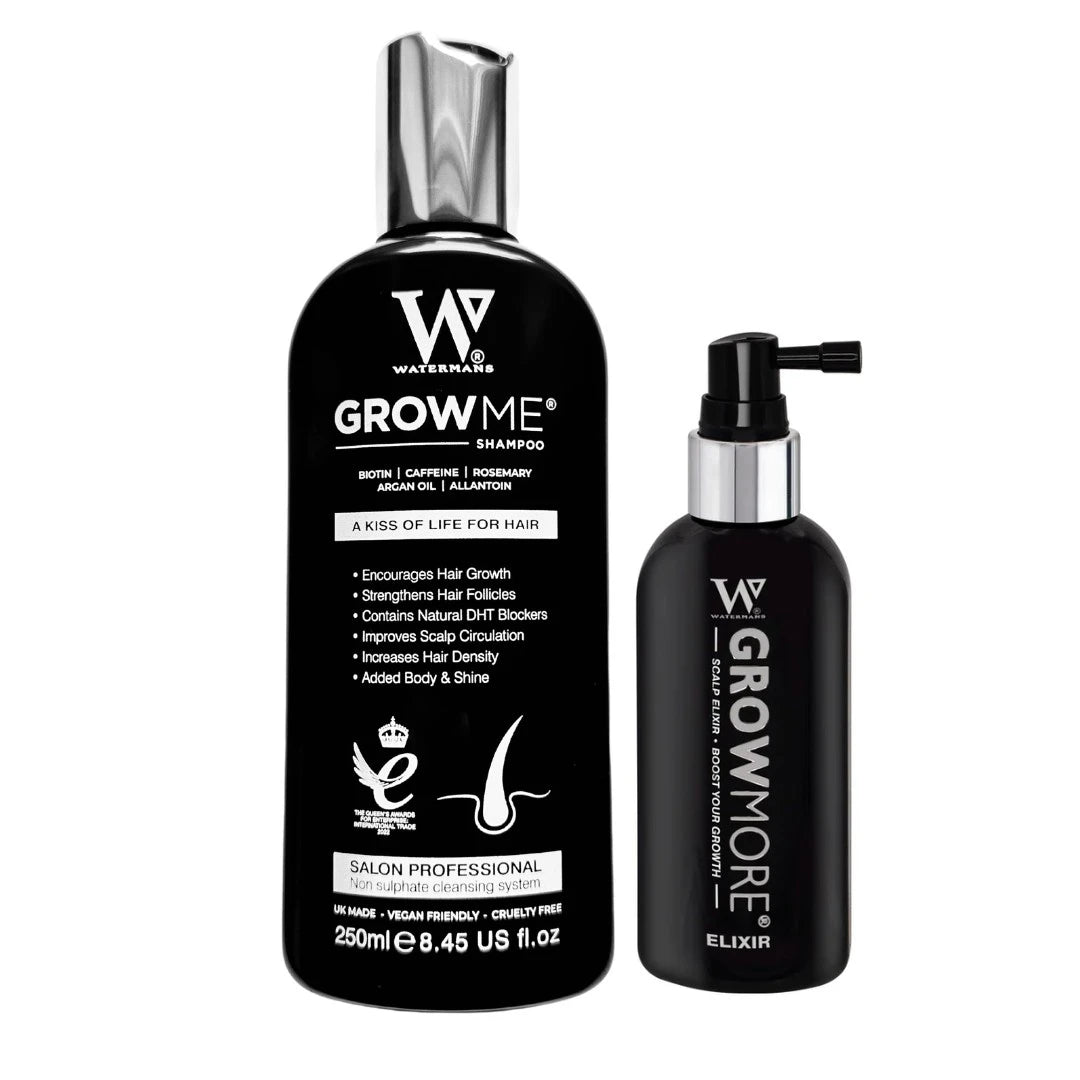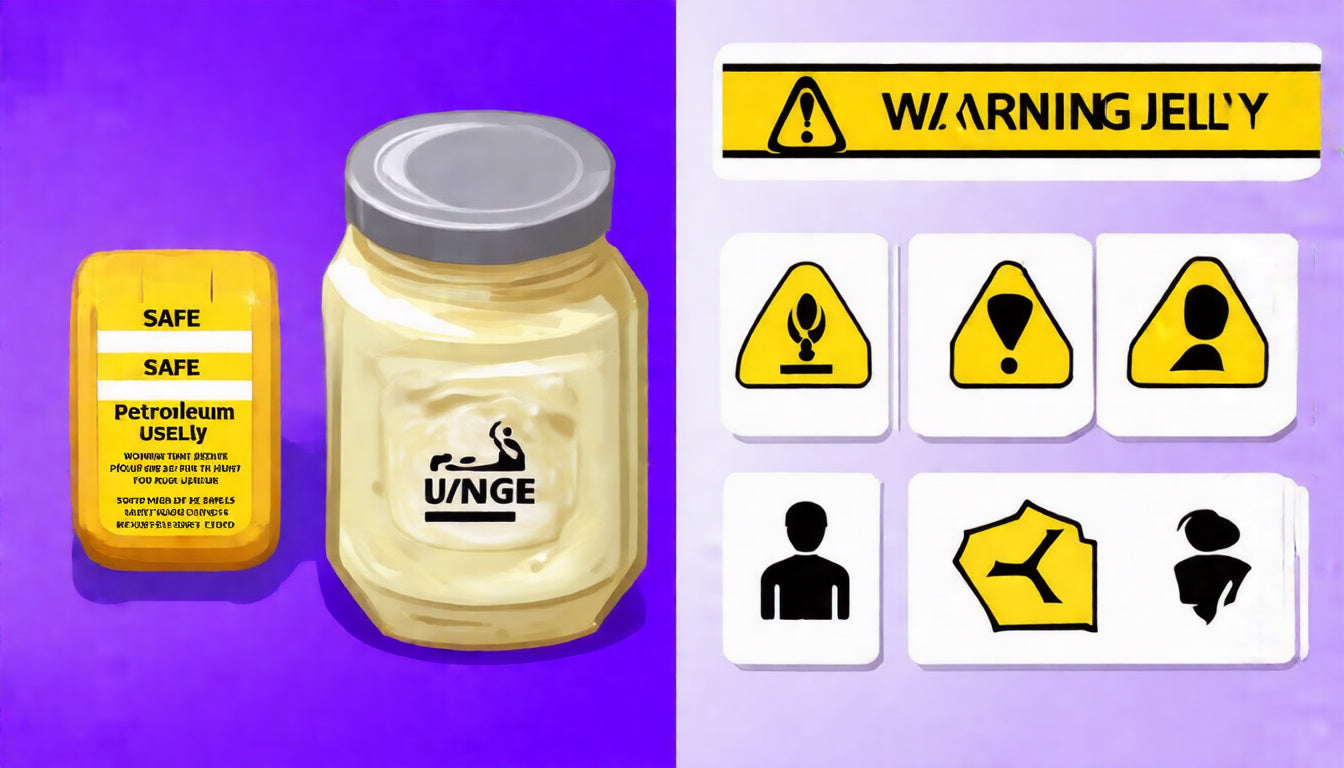
Unveiling the Truth: Is Petroleum Jelly a Friend or Foe for Your Skin?
When it comes to skincare, petroleum jelly—or Vaseline, as it is commonly known—often sparks debate. Some claim it is harmful, while others swear by its moisturizing powers. So, what is the truth behind this ubiquitous skincare staple? Let’s break down the facts to help you decide if petroleum jelly deserves a spot in your skincare routine.
What Is Petroleum Jelly?
Petroleum jelly is a semi-solid mixture derived from crude oil. During the refining process, it undergoes thorough filtration to remove impurities, resulting in a safe and inert product. This refined substance acts primarily as an occlusive agent—it creates a protective barrier on the skin, locking in moisture and preventing external irritants from causing damage.
Is Petroleum Jelly Safe to Use on Skin?
A common myth about petroleum jelly is that it contains harmful toxins or unsafe chemicals. However, this is completely untrue. Because it is a highly filtered by-product approved by regulatory bodies like the FDA and EU, petroleum jelly is considered very safe for topical use. It does not contain any harmful substances that penetrate the skin or cause adverse reactions for most people.
Benefits of Petroleum Jelly for Dry Skin
If you suffer from dryness on your lips, hands, heels, or even delicate areas around the eyes, petroleum jelly can be a highly effective moisturizer. Here's why:
- Locks in Moisture: By forming a seal over dry areas, petroleum jelly prevents water loss and keeps skin hydrated.
- Protects Irritated Skin: It soothes chapped lips and cracked heels by providing a barrier against harsh environmental factors.
- Versatile Use: Beyond lips and hands, it can also relieve flaking skin on eyelids or dryness on the sides of the eyes.
How to Use Petroleum Jelly Safely
To get the most out of petroleum jelly without compromising your skin health:
- Apply on Clean Skin: Always use it on freshly cleaned areas to avoid trapping dirt.
- Use Moderate Amounts: A thin layer is sufficient; overuse can sometimes feel greasy.
- Avoid Use on Acne-Prone Areas: Its occlusive nature might worsen clogged pores for those susceptible to acne.
The Bottom Line: Petroleum Jelly Is Your Skin’s Friend
Contrary to old misconceptions, petroleum jelly is not a foe but a friend for your dry skin issues. It is a non-toxic, safe, and effective occlusive moisturizer that aids in retaining hydration and protecting the skin’s natural barrier.
For those looking to address hair and skin dryness comprehensively, incorporating high-quality products designed for your specific needs can make a significant difference. Discover Watermans’ range of hair and skin products tailored to promote healthy hair and keep your skin well-nourished.
Featured Snippet
Is petroleum jelly safe for skin?
Yes, petroleum jelly is safe for skin as it is a highly refined by-product with no harmful toxins. It acts as an occlusive agent that locks in moisture, making it effective for dry lips, hands, heels, and even delicate skin around the eyes. Approved by the FDA, it is a trusted moisturizing product.













